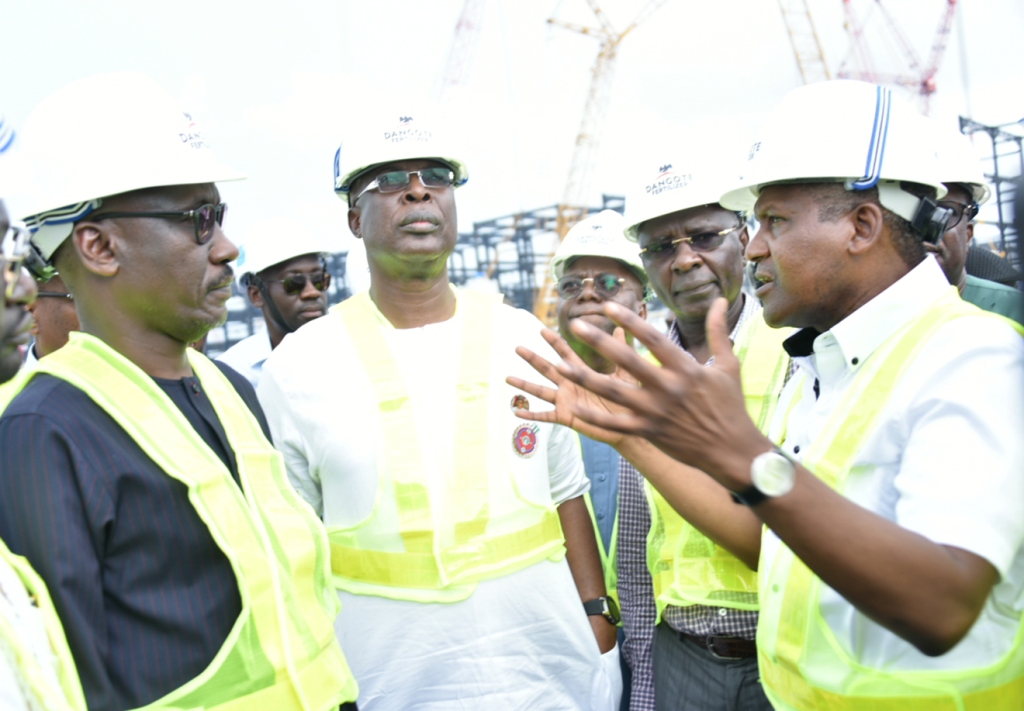Emerging energy solutions group, Seven Energy International Limited has signed a $112m Partial Risk Guarantee with the Federal Government for the supply of natural gas by its wholly-owned subsidiary Accugas to the 560 megawatts power station built under the National Integrated Power Project scheme in Calabar, Cross River State.
In a statement from the group, the company described the PRG as a financial instrument that would secure the supply of up to 130 million cubic feet per day of natural gas to the NIPP Calabar, thereby enabling the consistent generation of additional 560MW of electricity to the national grid, approximately 20 per cent of current power generation in Nigeria.
The firm maintained that the arrangement, which guarantees payments to Accugas for gas supply, is backed by the Federal Government and the World Bank.
Seven Energy described the agreement as a demonstration of the Federal Government’s commitment to increasing power supply in the country and stabilising the gas-to-power value chain.
Vice-President, Prof. Yemi Osinbajo, said during the signing that “I must say that this is a very significant event for us and as we all know this is the first PRG for gas that we are signing. We know that it will encourage investment in gas infrastructure and we are certainly looking forward to the multipliers that will come from it.”
He commended Seven Energy for completing the 69km Uquo to Creek Town pipeline, which would provide a continuous flow of natural gas from the Uquo field in Akwa Ibom state to the power plant and add up to 560 MW to the national grid.
According to him, “Given the current power situation, we expect that this gas that will go into the Calabar plant will provide another 500MW of power, which is very significant, given our current situation.”
In his response, the Chief Executive Officer of Seven Energy Limited, Mr. Phillip Ihenacho, said, “The signing of the agreement is very significant because it is the first gas to power guarantee that the World Bank has provided for encouraging investment in the gas sector in Nigeria. It assists in securing and leveraging the $700m investment already committed into gas infrastructure in Nigeria.
According to him, this structure enables the investors to be confident that they will get paid on time because there is a guarantee from the World Bank.
Iheanacho said “The World Bank has a programme of gas to power guarantees that could be used to encourage further investment in gas to power. The big challenge for people who are investing in the gas sector today is the worry about payment risk. If I build my infrastructure and I am supplying gas to my customer, will my customer pay me on time?”









